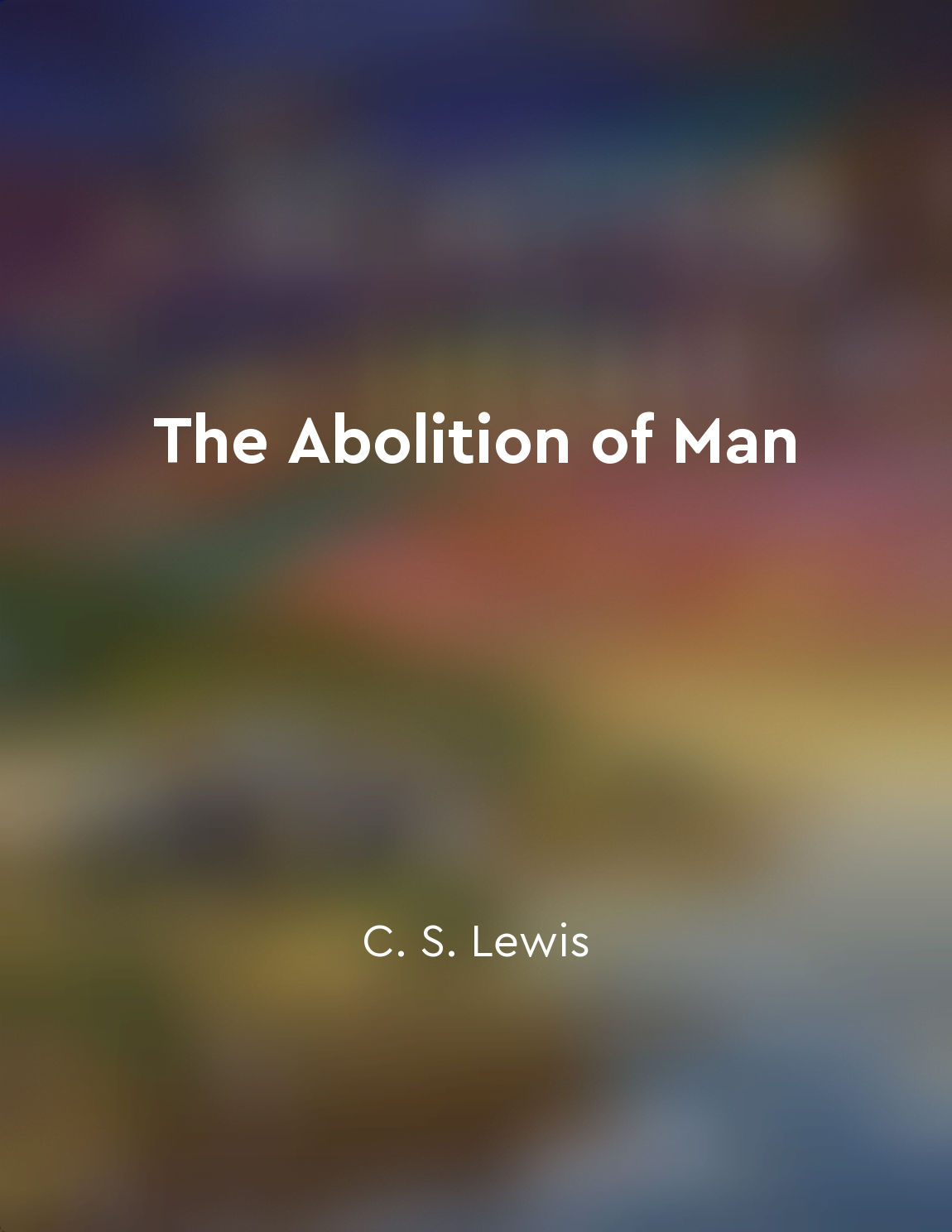Globally shared concepts exist from "summary" of How the World Thinks by Julian Baggini
The idea that there are concepts shared by all cultures might seem surprising, given how different people's beliefs and practices can be. But the fact that all human societies have developed some kind of language is evidence that there are common cognitive capacities shared by all. The existence of globally shared concepts is not just a theoretical possibility. Cognitive science has identified certain ways of thinking that seem to be universal. For example, all humans seem to have a basic understanding of cause and effect, the ability to identify agents and objects, and a sense of number and quantity. These shared cognitive capacities provide the building blocks for more complex cultural ideas. For example, the concept of kinship, which is central to social organization in many societies, relies on the universal ability to recognize family relationships. Similarly, the concept of fairness, which underpins moral beliefs around the world, is based on a shared sense of justice. Shared concepts can also be seen in the way that all cultures develop tools and technologies to solve common problems. For example, the invention of the wheel and the plough can be found in societies all over the world, even those that have had no contact with each other. This suggests that there are certain practical concepts that are universally recognized as useful. The existence of globally shared concepts challenges the idea that different cultures are fundamentally incomprehensible to each other. While there are certainly differences in beliefs and practices, there is also a common human cognitive framework that allows for meaningful communication and understanding across cultures. Recognizing this shared cognitive basis can help us appreciate the diversity of human cultures without losing sight of our shared humanity.Similar Posts
Social class can impact opportunities and outcomes
Social class is not just about how much money you have in your bank account. It goes much deeper than that. It influences every...
People give away information unconsciously
Have you ever noticed how people have a tendency to give away information without even realizing it? It's almost like their tho...
Communication styles affect the interpretation of messages among team members
Communication styles vary significantly among different cultures, leading to potential misunderstandings and misinterpretations...
Knowledge is limited to human perceptions and experiences
Human knowledge is, without a doubt, confined within the limits of our perceptions and experiences. It is through our senses th...
Stress can have a significant impact on our behavior
When stress comes at you, it engages the sympathetic nervous system, releasing adrenaline. This prepares you for a fight-or-fli...

The necessity of moral education for a healthy society
The importance of moral education in shaping the values and beliefs of individuals cannot be overstated. It is through the impa...

Cultivating empathy enhances crosscultural interactions
Empathy, the ability to understand and share the feelings of others, plays a crucial role in enhancing crosscultural interactio...
Morality shapes our political beliefs
Morality is the underlying force that molds our political beliefs. Our moral foundations drive our political ideologies, shapin...
Embrace the beauty and richness of language
To truly appreciate the power of language, one must immerse oneself in its beauty and richness. Language is not just a tool for...
Knowledge empowers individuals to make positive changes
Knowledge is a powerful tool that can transform individuals and empower them to bring about positive changes in their lives and...
